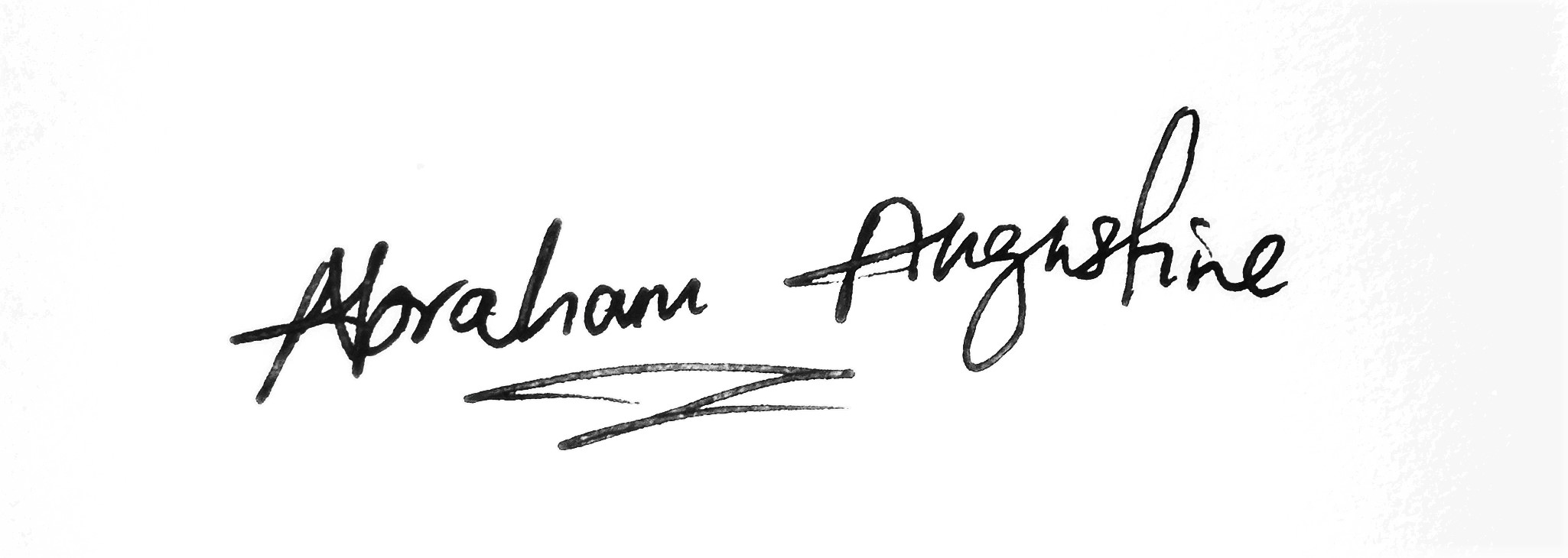|
|
||||

What does it mean to tell Africa’s story? It is a common refrain that you hear in almost any sphere of African life, that we have important stories that need to be told but aren’t. This overarching need to “tell our stories” has seeped into how we discuss technology on the continent. No one wants bad news, because it may mean that African startups might raise less YoY.
But technology media—at least the way it’s run today—is less the story of Africa than it is a narrative about how we too are with the programme. And that, like everyone else, “we have our own startups too”. At least that is how it sounds when I read the cheesy LinkedIn posts.
In telling this one story of Africa and digital “innovation”, we have created a fast-growing side industry. We recreated the trade press. An industry that is not particularly new or unique, along with its baggage of tightrope walking.
As Africa’s digital space becomes more convoluted, inviting more scrutiny, the equally nascent startup-focused media will have to dance more deftly as it threads between journalism and trade media.
Act 1: Africa’s tech trade press
Last year, as I settled into my role at TechCabal, it became quickly clear that what was recorded about African innovation was fairly recent. Outside the odd mention in news publications—most of it foreign—there was scant record on the coming and goings of the earliest digital companies in Africa. I knew this in the back of my head, but I never really thought about it until I wrote about the Kenyan mobile payments firm, Cellulant.
The reality is different today. Almost as soon as the earliest rounds of venture capital and development finance money began to back nobody-software companies, media missionaries quickly formed around these companies with the altruistic banner of telling African stories.
Perhaps no other space has talked about a desire to tell African stories in recent times as much as the nascent venture-backed technology space. Oil and gas companies don’t need to. Banking and finance have sturdy and staid linkages to the West. African entertainment, thanks to Afrobeats, is a global phenomenon. And everybody is busy with inflation, anti-terror meetings, Elon Musk, Trump, Putin, American culture wars, British royal drama and the latest thing. Only the startup world seems to need to constantly yell into the void of the global noise.
And there appears to be a strong appetite for the stories being churned out. People are unsurprisingly curious about magic, the next big thing, and money. And the venture capital-fuelled world of technology startups have all three in occasionally preponderant amounts.
The veritable result is the creation of a very niche trade press segment concerned with what technology companies say, do, or failed to say and do.
Act 2: Man know thyself
“Many websites are functioning largely as trade magazines that occasionally commit acts of journalism,” writes Alexis Madrigall. “TechCrunch, and Mashable, to an even greater extent, are more like the new American Thresherman and Farm Power or Stone World or Successful Farming than they are the new New York Times. But it’s hard to know when they’re acting like the Times, and when they are acting like Plumbing and Mechanical Magazine.”
This lack of distinctiveness has allowed tech media all over the world to flourish without being here or there. If it is to act as a body of record, the “private” nature of the technology businesses they cover constrains journalists to usually only publicise what is willfully made public, reducing journalism to the role of a megaphone. For some, this is enough. It is telling “our story”. For others, it is dry and tasteless.
If it is to act as a critical mirror, anytime the mirror (Africa’s tech trade press) points out—often correctly—that the object/person/firm in front of it is not the fairest of all, it gets suckerpunched in the face.
And for any of the above scenarios there is always someone complaining. It may be the journalist complaining today, or the subject of a story complaining tomorrow. It is deeper than whether TechCrunch breaks a story before TechCabal, for example. The problem, of course, is an identity crisis. Africa’s technology trade press have either not realised or accepted what it is. And everyone is quite willing to help define what it should be.
As we enter what many have prophesied will be a difficult year, expect this drama to be played on your screens every once in a while. Every time you watch an episode, know that it is a tension that is common with the trade press. Everyone wants a trade publication to tell their version of the story.
We’d love to hear from you
Psst! Down here!
Thanks for reading The Next Wave. Subscribe here for free to get fresh perspectives on the progress of digital innovation in Africa every Sunday.
Please share today’s edition with your network on WhatsApp, Telegram and other platforms, and feel free to send a reply to let us know if you enjoyed this essay
Subscribe to our TC Daily newsletter to receive all the technology and business stories you need each weekday at 7 AM (WAT).
Follow TechCabal on Twitter, Instagram, Facebook, and LinkedIn to stay engaged in our real-time conversations on tech and innovation in Africa.

Abraham Augustine,
Senior Writer, TechCabal.

















